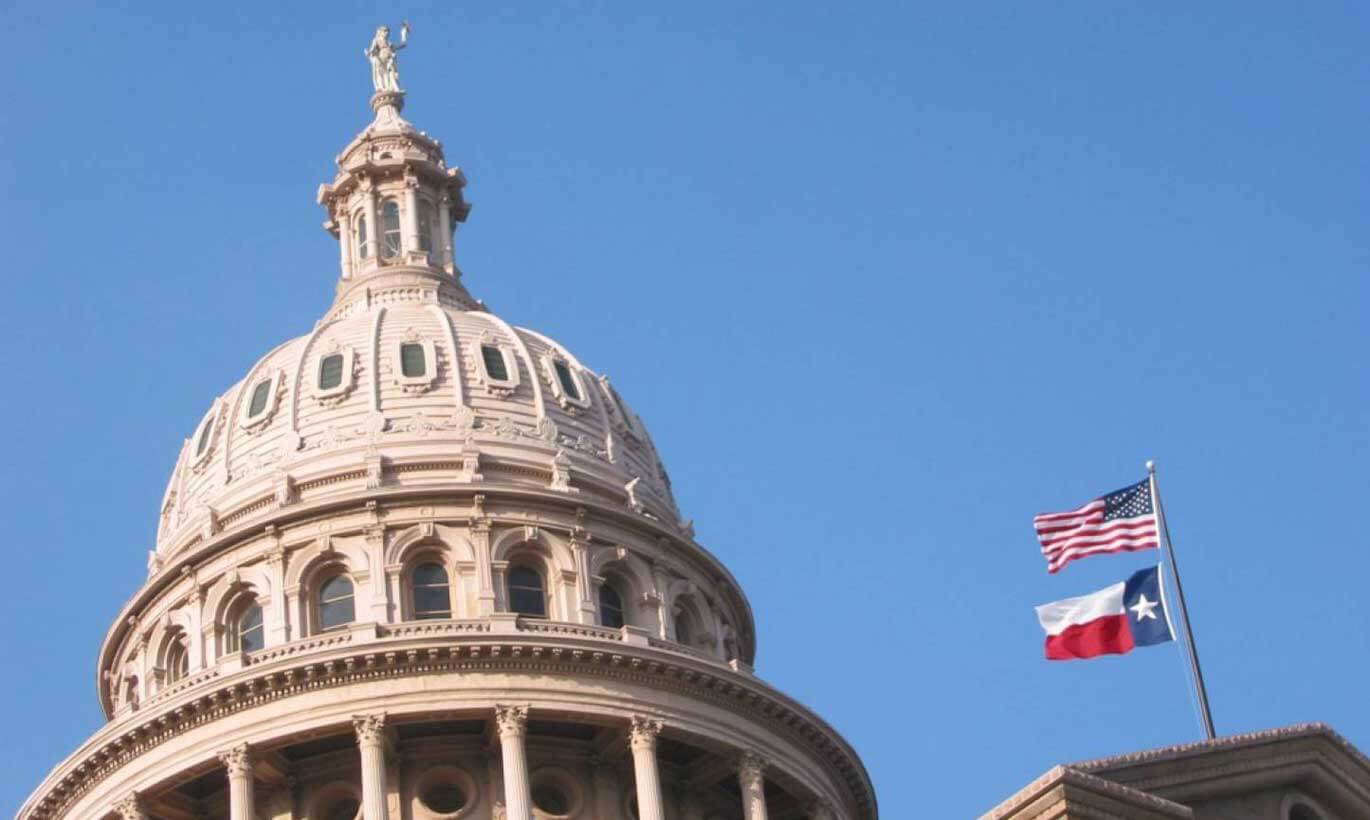Top ranked by Area Development, Texas’ tax climate is a constant benefit for companies.
With no corporate or personal income tax, Texas has one of the lowest tax burdens in the nation. The state offers a number of other advantages for businesses, including a sales tax exemption for manufacturing machinery and equipment and R&D-related materials, software, and equipment, as well as a franchise tax exemption to manufacturers, sellers or installers of solar energy devices. Property tax abatements, permit fee waivers, local cash grants and local funding are also available to assist companies looking to relocate or expand in the state.
Gov. Greg Abbott and the Texas Legislature continue their efforts to make the state even more competitive from a cost perspective. For example, in 2015, during his first session in office, Gov. Abbott successfully passed an across-the-board 25% reduction in the franchise tax. Texas lawmakers also passed a meaningful property tax cut to increase the homestead exemption by $10,000.
Texas Income Tax
Having no state income tax in Texas is a huge draw for individuals and businesses alike. Employees know that they’re getting the most out of their paycheck, and companies know that Texas’s friendly tax environment attracts the most skilled and in-demand workers.
The Texas State Constitution expressly forbids levying an income tax on individuals. This amendment to the Constitution was passed overwhelmingly by voters in the Nov. 5, 2019 election. It enshrined into law what has always been in practice —Texas has never levied a tax on personal income. This is one of the major reasons why companies are moving to Texas and why individuals in search of a better economic environment are increasingly relocating to the Lone Star State.
Business Taxes in Texas
Businesses can take advantage of a wide range of Texas tax benefits. For example, Texas is one of only six states that do not levy a corporate income tax. Having no corporate income taxes in Texas is a major incentive for businesses.
While Texas state business income taxes do not exist, the state does levy a franchise tax, which is calculated on a company’s margin for all entities with revenues above $1.23 million. The tax rate in 2022-23 is 0.375% for retail and wholesale businesses, and 0.75% for other businesses.
Low corporate taxes are a key driver of Texas economic strength. Other factors contributing to the economic boom in the Lone Star State include a diverse range of competitive Texas business incentives and financing options, the largest deal-closing fund in the nation to attract projects that will stimulate job creation and capital investment, and innovative programs to assist employers and education institutions with customized job training for skilled workers.
Tax Structure in Texas
The key feature of the Texas tax structure is no personal income tax. Because of this, municipalities, counties and school districts rely on property taxes for funding. Property tax rates vary by county. In some counties, the tax rate is relatively low.
Overall, Texas boasts the fifth-lowest tax burden per capita. On average, residents pay 7.6% of their income in state and local taxes, as per the Tax Foundation. That’s below the average rate of 10.3% nationally. That’s almost half the rate of New York, at 14.1%.
Texas tax incentives for both businesses and individuals make Texas attractive for expanding and relocating businesses and their employees.





